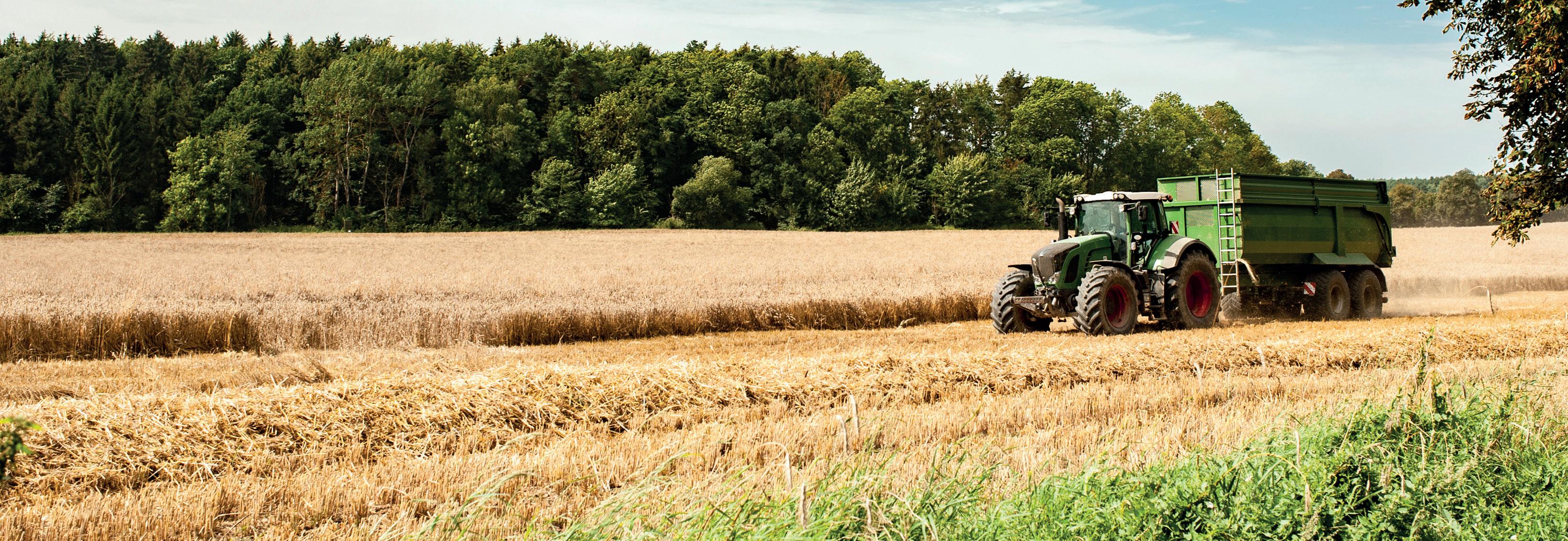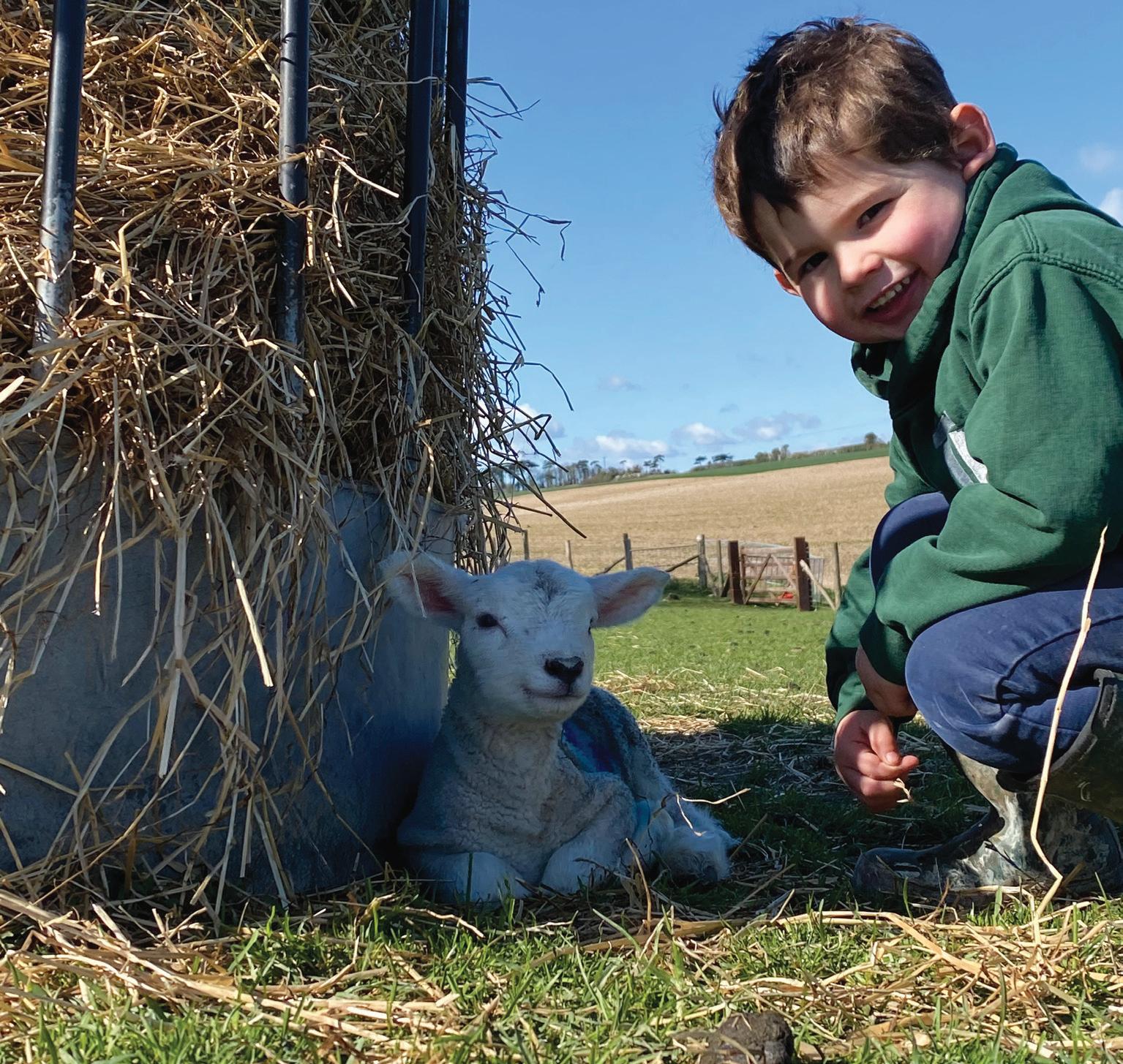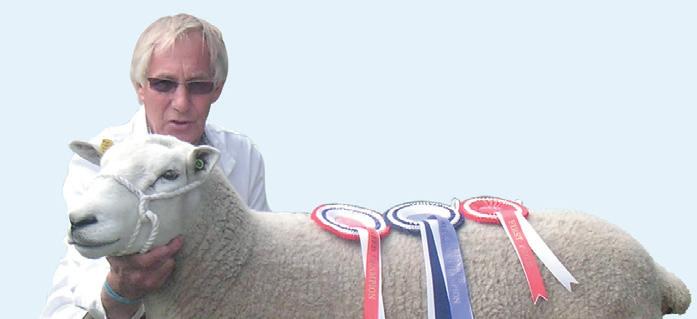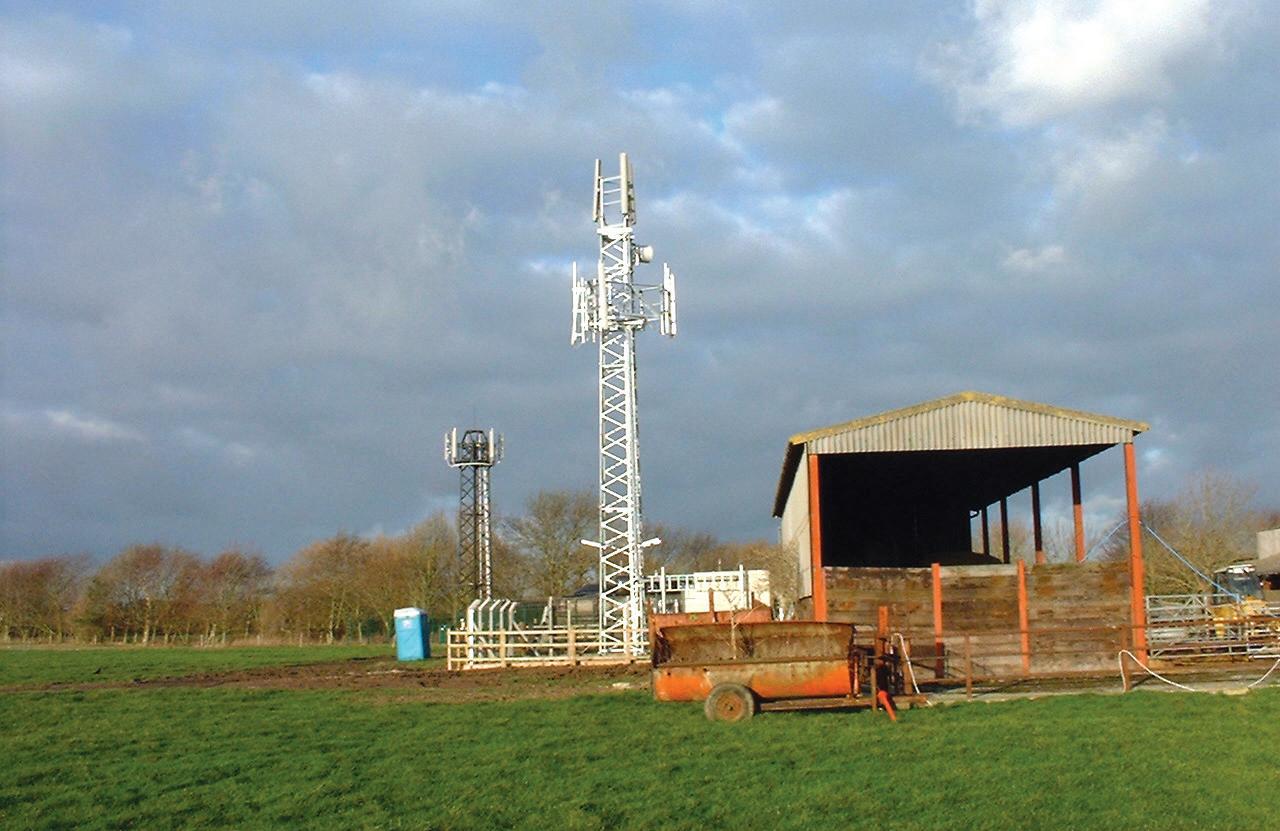
8 minute read
LEGAL
Call us today or visit our website: 01227763939 furleypage.co.uk


DON’T TAKE A RISK WITH ENERGY AGREEMENTS
Landowners have been warned to think twice before signing renewable energy agreements as they could end up facing big bills and unsuccessful projects.
According to independent power and energy specialist Roadnight Taylor, too many landowners are allowing prospective large-scale energy projects on their land to be instigated in the developer’s name.
This leaves them open to poorly negotiated rents and lease terms and the high failure rate of most developers’ grid applications. But the alternative – applying in their own name without specialist advice – is even more dangerous, as they may be unwittingly taking on millions of pounds of risk.
“In one case recently, a poorly-advised landowner accepted an offer for a 50MW project that was going to cost £11m to connect to the power grid, which was never going to be financially viable,” explained director Hugh Taylor. “They put down a £50,000 grid deposit but hadn’t spotted that they
Supporting the rural community for over 230 years
We have a real commitment to the rural sector, providing responsive and accessible legal advice to farmers, producers and their suppliers.
If your business needs help with:
• Contracts and transactions • Diversifi cation • Property purchase and lease negotiation • Equine law • Employment
If you would like help with:
• Family law and divorce • Residential conveyancing • Tax planning and trusts • Wills and estate administration
Contact us today
Canterbury 01227 643250 Maidstone 01622 698000 Tenterden 01580 765722
enquiries@whitehead-monckton.co.uk www.whitehead-monckton.co.uk
were liable for a £250,000 charge if they didn’t withdraw by a certain date. When they approached us they had just 24 hours to escape.”
In another case, the grid connection offer included a condition that the landowner contributed nearly £300,000 towards £1.5 million worth of network reinforcements. Taken at face value, it didn’t render the project unviable, but what the landowner didn’t realise was that they could incur the full £1.5 million cost if for any reason – including failing to secure planning consent - they were unable to connect their scheme.
“It’s so important to safeguard your rights and protect against risks,” explained Mr Taylor. “Allowing the grid application to be made in the developer’s name means you can’t get developers competing for your site. It reduces your chances of achieving a scheme in the first place and it cedes control in negotiations.
“But if you are seeking grid connections in your own name it’s absolutely vital to take specialist professional advice.”
He added: “Too many land agents think they can advise on grid connections, but it is an incredibly complex area. To be consistently successful, you need to understand the energy market to see whether a grid connection offer is financially viable. The network operator has to provide a connection quote for every project, but if the quote is too high then no developer will take it on.”
The acceptance rate of grid connection offers is as low as 8%, depending on the distribution network operator (DNO), and each of those failed projects would have cost over £1,000 in consultants’ fees and up to £8,000 in application fees. In many cases the flawed application will have cost the landowner many millions in future ground rent receipts too.
In contrast, in 2020 Roadnight Taylor had an acceptance rate of over 90% for its landowners’ connection offers and secured enough grid capacity for 2GW of solar panels – equivalent to around 6,000 acres. It can also hold grid rights on trust for the landowner, completely insulating them from financial risk.
“There is an extraordinary gulf between a land agent’s expertise and real grid experts,” warned Mr Taylor. “Getting the correct connection rights is very challenging, and there are risks to accepting offers that contain cost apportionments and securities for wider works, as they can easily reach hundreds of thousands of pounds.”
He said another risk to allowing connection rights to start in the developer’s name was that they could go bust, lose interest in the site or not negotiate in good faith. “So be proactive, get in there before your neighbours do and make sure you’re being properly advised. If you do decide to accept a grid offer, you need to safeguard your rights and then, at the right time, smoothly transact them with a developer of your choosing to take the project forward,” he added.
“The grid rights need to end up in a developer’s name at some point – unless you wish to pay for the planning application and project build – but you must guard against the risk of them going cold on the site or going bust. You need a legal framework that ensures you can have another go and pass the rights on elsewhere if the worst happens.”
STOP WORRYING
Your rights when it comes to protecting your sheep.
Lambing season is now well underway and with it we are seeing the, unfortunately now familiar, stories of sheep worrying and dog attacks. With a spate of incidents recently reported in Kent, including a report of fi ve attacks on sheep in fi ve weeks at a farm in Sandwich, what can farmers do in response?
Knowing your rights and responsibilities as a sheep keeper is important in ensuring any action taken is appropriate and legal. The principle piece of legislation is the Dogs (Protection of Livestock) Act 1953 (‘the Act’), which sets out provisions for protecting livestock from dogs and the punishment of those found guilty of sheep worrying.
What is defi ned as ‘worrying’? This can be a physical attack as well as chasing in such a way as may reasonably be expected to cause injury or suff ering, or being at large in an area containing sheep.
Who can be found guilty of an off ence? Section 1 of the Act states that the owner of the dog or anyone else who is in charge of the dog at the time can be found guilty of a sheep worrying off ence.
What power do the police have? The Act enables police to seize and detain any dog where there is reasonable cause to believe that a dog has been worrying livestock, together with powers to issue a warrant to search property to identify a dog suspected of sheep worrying.
What is the penalty for sheep worrying?
Off enders will be penalised with a fi ne of up to £1,000.
There are a number of defences to the off ence under the Act, including if the dog is owned by the sheep keeper or the owner of the fi eld, is a police dog, guide dog or working dog, all of which will not be accountable under the Act.
What can a sheep keeper do in the event of
a sheep worrying incident? The Animals Act 1971 enables the sheep keeper or farmer to take a civil action against the owner where a dog causes damage by killing or injuring livestock and the liability on the owner of the dog is absolute. However, evidence relating to the damage would need to be provided to enable the farmer to demonstrate the level of damages.
In exceptional circumstances a farmer may decide that destruction of a dog is the only option to prevent harm to their sheep. However it should be noted that this should always be a last resort and only in the event that there were no other reasonable means of ending the worrying. The legality of shooting a dog would very much depend on the individual circumstances of each situation and such action could open a farmer up to both criminal and civil proceedings.
Dogs are treated as property and therefore shooting a dog could trigger a criminal damage charge. In addition, the Animal Welfare Act 2006 makes it an off ence to cause unnecessary suff ering to dogs. Although there is an allowance for ‘the destruction of an animal in an appropriate and humane manner’, this is very much judged on the circumstances of each case and there is a signifi cant risk that failing to kill the dog cleanly with one shot would fall foul of the legislation. Such an off ence is punishable with up to six months’ imprisonment and/or fi nes of up to £20,000, together with the risk of being disqualifi ed from keeping animals.
There is also a signifi cant risk that the shooting of a dog would give rise to prosecution for fi rearms off ences and it would almost certainly give rise to a police review of rights to keep fi rearms.
It is also important to remember that if a dog is shot it must be reported to the police within 48 hours of the incident. Failure to do so would impact on the defences available in both civil and criminal proceedings.
While landowners are protected by the law, so are dog owners. We would advise that anyone keeping sheep ensures they have a clear understanding of the law and how it applies in practical terms, as well as ensuring any actions in relation to sheep worrying are proportionate and backed up by a lawful excuse.



SARAH WEBSTER
Partner, Head of Agriculture & Rural Business Team, Brachers LLP T: 01622 776458 E: sarahwebster@brachers.co.uk www.brachers.co.uk
Helping our agricultural community to thrive and grow

Legal services which deliver long-term solutions to support the future of farming
Call us on 01622 690691 Visit us at brachers.co.uk










